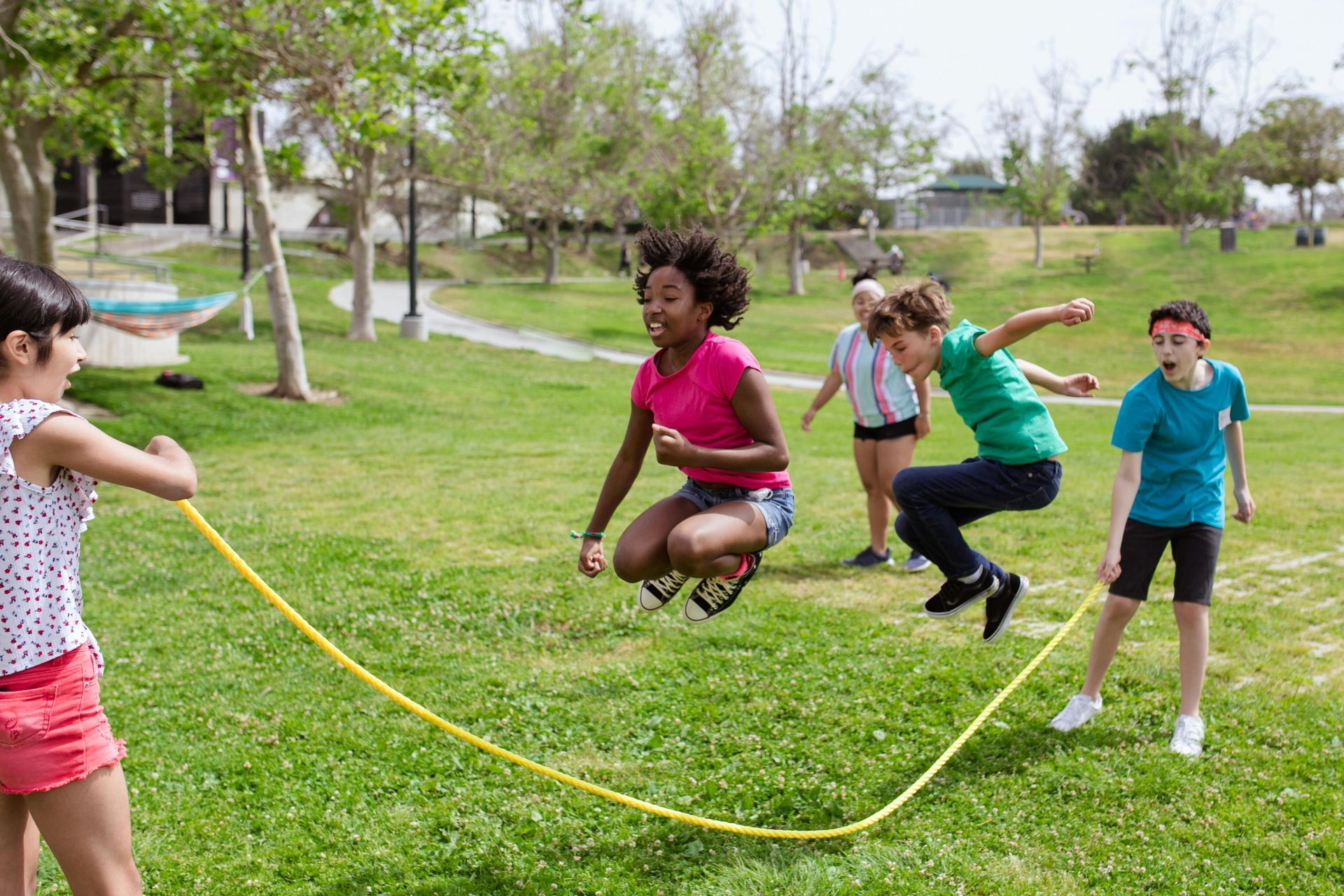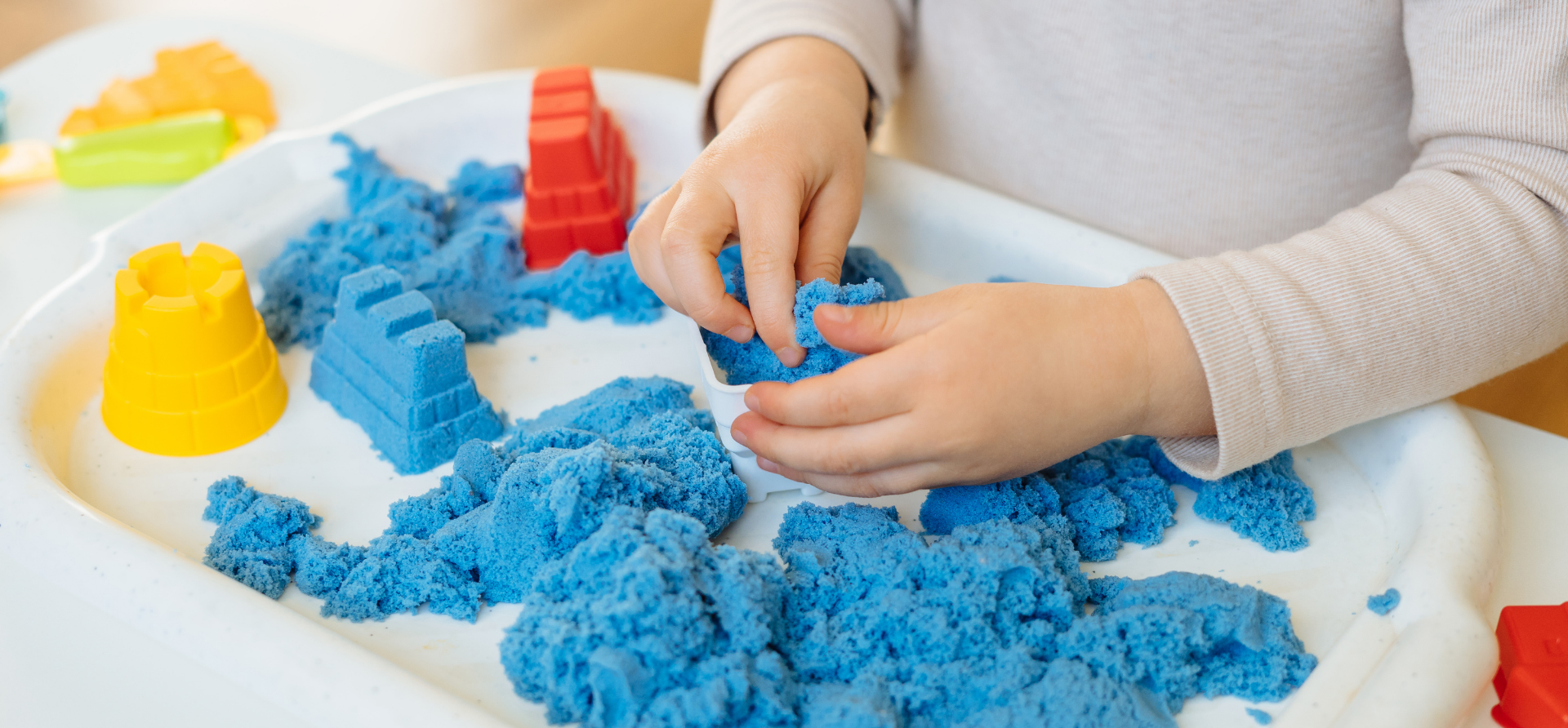Snack Time Smarts: Building Healthy Habits from the Start

At Storybook School Orlando, we believe that every part of a child's day presents an opportunity to learn and grow—even snack time. In the busy rhythm of preschool, snack time may seem like a quick break between activities, but it’s actually a valuable moment for cultivating lifelong habits around nutrition, self-care, and independence. These early experiences with food are more than just fueling little bodies—they’re foundational building blocks for healthy choices later in life.
Creating positive associations with food, learning about where food comes from, and understanding the basics of nutrition at a young age can shape a child’s relationship with eating for years to come. That’s why we approach snack time intentionally, blending fun with education, and structure with flexibility.
Why Healthy Snacking Matters in Early Childhood
Preschoolers are rapidly growing—physically, emotionally, and cognitively. Their little bodies and big brains need consistent nourishment to support development. Because their stomachs are small and energy needs are high, young children benefit from regular snacks that provide both immediate fuel and long-term benefits.
Here’s why snack time matters:
- Supports brain development: Nutrient-rich snacks with healthy fats, protein, and complex carbohydrates help fuel attention span, memory, and learning.
- Establishes eating routines: Regular snack times help children understand hunger cues, avoid overeating, and build routine.
- Builds independence: Letting children make choices and participate in food prep builds confidence and encourages autonomy.
- Shapes long-term habits: Early exposure to a variety of healthy foods sets the stage for preferences and choices in adolescence and adulthood.
What Makes a Smart Snack?
Smart snacks balance nutrition with kid-friendly appeal. We encourage a combination of:
- Whole grains (e.g., whole-wheat crackers, oats, low-sugar granola)
- Fruits and vegetables (e.g., apple slices, baby carrots, cucumber rounds)
- Protein and healthy fats (e.g., cheese cubes, nut or seed butters, boiled eggs, hummus)
- Hydration (water is always the best choice!)
Smart snacks avoid excessive sugar, processed ingredients, and artificial dyes—items often found in pre-packaged “kid foods.” While occasional treats are part of life, our goal is to help children develop a palate for natural, whole foods.
Involving Children in Snack Choices
One of the best ways to build healthy habits is to involve children in the process. Preschoolers thrive when given opportunities to choose, explore, and engage.
Try these tips:
- Offer two nutritious options: “Would you like apple slices or strawberries?”
- Let them help pack their snack: Simple tasks like placing items in a container or spreading nut butter with a safe utensil.
- Talk about what they’re eating: “Carrots help your eyes stay strong,” or “Almonds give your body energy!”
At Storybook School Orlando, we use snack time as a chance to build vocabulary, discuss colors and textures, and even explore where foods come from. It’s cross-curricular learning in a bite-sized package.
How Snack Time Teaches Life Skills
Snack time isn’t just about what children eat—it’s also about how they eat. These daily rituals help teach children:
- Patience: Waiting for everyone to be ready before digging in.
- Gratitude: Saying thank you, or learning about where the food came from.
- Responsibility: Cleaning up after themselves, putting away leftovers.
- Self-regulation: Learning when they’re full, and that it’s okay to leave food if they’ve had enough.
By integrating social-emotional learning and self-care into snack time, we create well-rounded experiences that build maturity and awareness.
Managing Picky Eaters (Without the Pressure)
It’s completely normal for preschoolers to go through phases of picky eating. The key is to remain calm and consistent, without turning meals into a battle. We encourage a philosophy of “You decide what and when; they decide if and how much.”
Here are a few ways we help children become more adventurous eaters:
- Modeling: Teachers and peers eating the same snack encourages curiosity and imitation.
- Exposure without pressure: Continually offering a variety of healthy foods, even if they’re not eaten at first.
- Fun presentations: Turning banana slices into smiley faces or creating rainbow veggie trays makes snack time exciting.
Over time, even the pickiest eaters become more open when they feel empowered and respected at the table.
Smart Snack Prep for Parents
Packing smart snacks doesn’t have to be time-consuming. With a little planning, you can create grab-and-go options that are both nutritious and kid-approved.
Some easy ideas:
- Mini bento boxes with a few bites of several things (cheese, grapes, cucumber slices, crackers)
- DIY trail mix with unsweetened cereal, sunflower seeds, and raisins
- Yogurt with a sprinkle of granola (watch for sugar content)
- Apple slices and sunflower seed butter (nut-free options work well for allergy-sensitive environments)
At Storybook School Orlando, we provide guidelines to help families pack snacks that align with our health and safety policies while giving children the energy they need for their day.
Food Allergies and Inclusivity
We understand that many children have dietary restrictions or allergies, and we work closely with families to accommodate every child’s needs. Creating a safe and inclusive snack environment means:
- Having clear guidelines on allergens
- Practicing handwashing and food safety
- Teaching children to respect each other’s dietary differences
Snack time becomes an opportunity not just to nourish—but to learn empathy, awareness, and inclusion.
Year-Round Healthy Habits
One of the reasons we place such emphasis on snack routines is because preschool sets the tone for long-term lifestyle choices. As discussed in our post about the 7 advantages of early childcare enrollment, beginning healthy routines early helps children carry them confidently into kindergarten and beyond. And since many families wonder whether programs like ours continue these routines beyond the traditional school calendar, our blog on Is Daycare All Year Round? Here’s the Truth explains how year-round programming ensures that those healthy habits—like smart snacking and consistent mealtimes—aren’t lost during long breaks, but instead become second nature.
Making Memories Around Food
Food is more than just nutrition—it’s connection. Many of us have warm memories tied to snacks from childhood: the orange slices after soccer practice, the peanut butter crackers in your lunchbox, the banana you shared with a friend. Snack time in preschool can be just as meaningful.
That’s why at Storybook School Orlando, we don’t just “do snacks.” We build moments around them—moments of laughter, learning, storytelling, and sharing. We see snack time as another chance to nurture the whole child.
Final Thoughts
Healthy habits start young. When we treat snack time as more than just a pit stop in the day and instead approach it with intentionality, we empower children to develop lifelong skills around nutrition, self-regulation, and community.
By working together—parents, educators, and even little ones—we can make snack time something to look forward to and learn from. So whether it's slicing an apple together before school, or watching your child proudly explain why carrots help them see in the dark, remember: those tiny bites are building a foundation for big, healthy futures.
Want help planning healthy preschool snacks or learning more about our wellness philosophy? Reach out—we’d love to chat about how snack time fits into your child’s Storybook journey.













